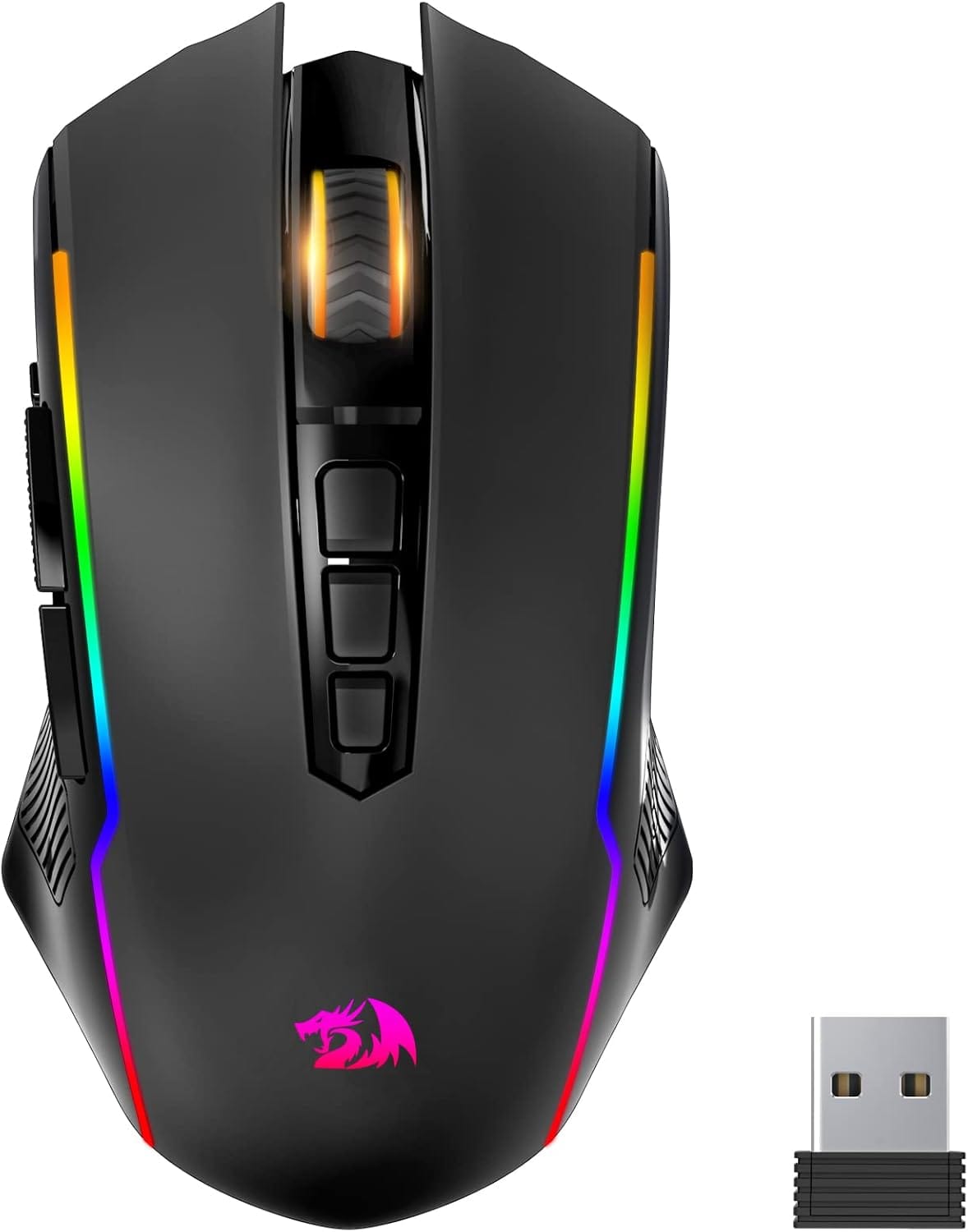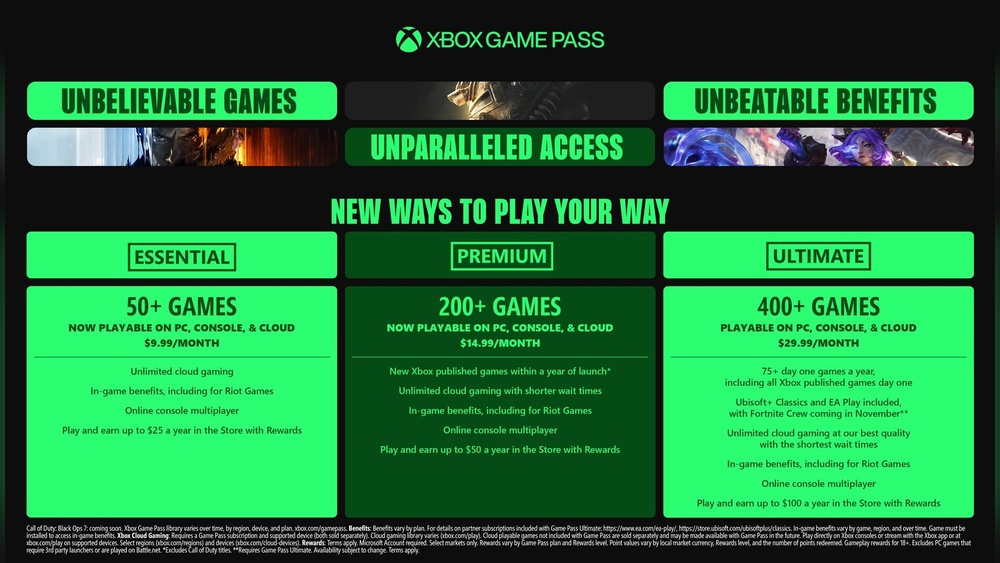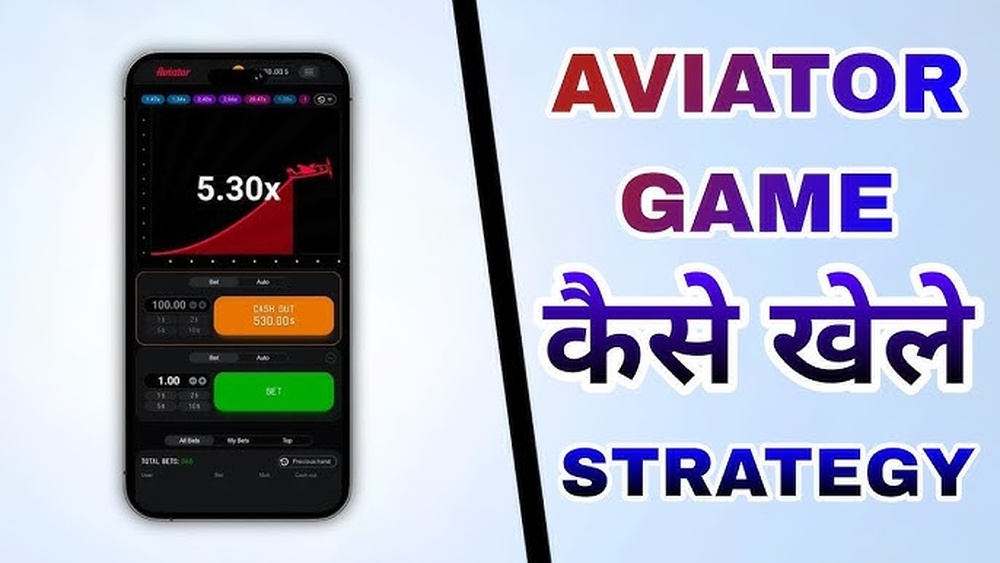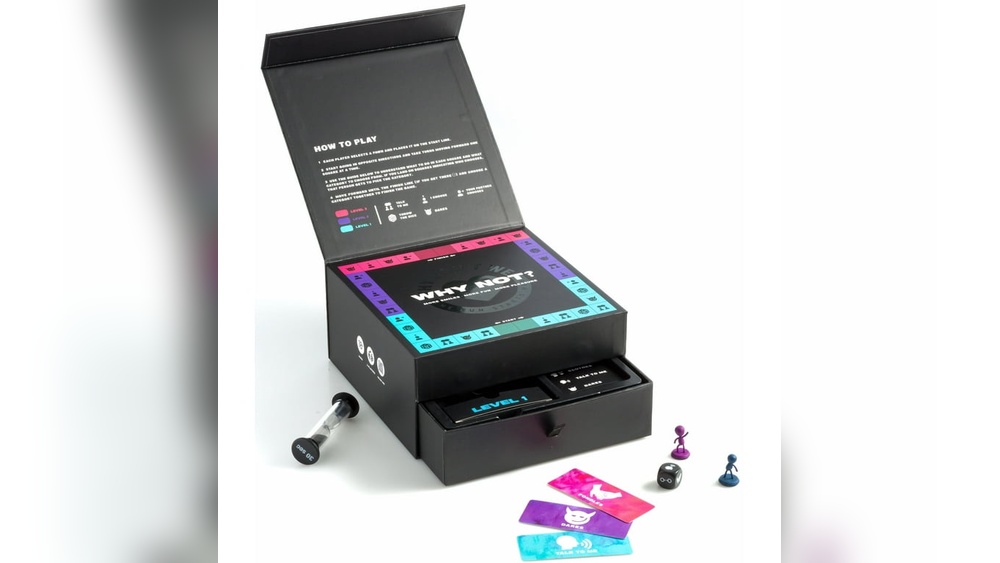Are you passionate about video games and wonder how to turn that passion into a real career? Starting a career in game development might be closer than you think.
Whether you dream of creating epic adventures, designing amazing characters, or coding the next big hit, this guide will help you take the first steps. By the end, you’ll know exactly what skills to build, where to learn, and how to stand out in this exciting industry.
Ready to make your mark in game development? Let’s dive in!

Credit: gamedesignskills.com
Game Development Basics
Starting a career in game development begins with understanding the basics. Game development is a mix of art, coding, and design. It needs teamwork and many skills. Knowing the foundation helps you find the right path.
Key Roles In Game Development
Several key roles build a game. Game designers plan how the game works. Programmers write the code to make it run. Artists create characters, backgrounds, and effects. Sound designers add music and sounds. Testers play the game to find bugs. Each role is important to finish the game.
Core Skills Needed
Learning the right skills is vital. Coding skills help you create game mechanics. Creativity helps in designing characters and worlds. Problem-solving is needed to fix bugs and improve gameplay. Communication is important for teamwork. Basic math knowledge supports programming and design tasks. Practice and patience grow these skills over time.
Popular Game Engines
Game engines are tools that make building games easier. Unity is popular for 2D and 3D games. Unreal Engine offers high-quality graphics and is free to use. Godot is open-source and good for beginners. These engines have many tutorials and strong communities. Choosing an engine depends on your goals and interests.
Learning Pathways
Starting a career in game development requires learning many skills. There are different ways to gain knowledge and practice. Choosing the right learning path helps build a strong foundation. Explore options that fit your style and goals.
Formal Education Options
Many universities offer degrees in game design or computer science. These programs teach programming, art, and game theory. Classes often include teamwork and project work. Formal education gives structured learning and recognized certificates. It also offers access to experienced teachers and resources.
Online Courses And Tutorials
Online courses are flexible and cover many topics. Websites like Coursera, Udemy, and Khan Academy provide lessons on coding and game art. Tutorials help learn specific tools like Unity or Unreal Engine. Many courses include quizzes and projects for practice. This path suits people who prefer self-paced learning.
Self-directed Learning
Self-directed learning means learning by yourself using books and videos. Practicing by creating small games is very effective. Joining online forums and communities helps solve problems and share ideas. This way builds discipline and problem-solving skills. It works well for motivated learners who want control over their pace.
Building A Portfolio
Building a portfolio is a key step to start a career in game development. It shows your skills and creativity. A strong portfolio helps you get noticed by employers and clients. It gives proof of what you can do. Focus on creating clear and simple projects that highlight your abilities.
Creating Small Projects
Start with small game projects. Simple games are easier to finish and show your skills. Use free tools like Unity or Godot to build games. Try different game types like puzzles or platformers. Small projects help you learn faster. Each finished game adds value to your portfolio.
Showcasing Your Work
Display your projects on a personal website or platforms like GitHub. Include clear descriptions and screenshots. Show the game’s goals and your role in making it. Make it easy for visitors to play or download your games. Organize your work neatly. A clean presentation makes a strong impression.
Collaborative Projects
Join teams to work on group projects. Collaboration shows you can work well with others. It teaches communication and problem-solving skills. Group projects often result in bigger, more complex games. Highlight your contributions clearly. Mention teamwork in your portfolio to attract employers.

Credit: gamedesignskills.com
Gaining Practical Experience
Gaining practical experience is key to starting a career in game development. It helps build skills and shows employers what you can do. Hands-on work teaches real-world problem solving and teamwork. You learn tools, coding, design, and testing by doing projects. Practical experience also helps you find your strengths and interests in game development.
Internships And Apprenticeships
Internships and apprenticeships offer real work experience in game studios. You join teams, work on actual games, and learn from professionals. These roles often involve coding, art, design, or testing tasks. Internships give a chance to observe industry practices closely. Apprenticeships focus more on learning specific skills under guidance. Both improve your resume and build valuable contacts.
Freelance Opportunities
Freelance work lets you create games or parts of games independently. You find small projects online or through networks. Freelancing builds your portfolio with varied work samples. It teaches client communication and project management. You control your work pace and style. Freelance gigs help show initiative and creativity to employers.
Game Jams And Hackathons
Game jams and hackathons are short events to make games quickly. You join teams or work solo to build a playable game fast. These events boost creativity and problem-solving skills. You try new ideas without long deadlines. Participation shows passion and ability to work under pressure. Game jams also connect you with other developers and potential collaborators.
Networking Strategies
Networking is key to starting a career in game development. It helps you meet people who share your passion. You learn from others and find job opportunities. Building good connections can open many doors in this field.
Joining Online Communities
Online groups bring game developers together from all over the world. You can join forums, social media groups, or platforms like Discord and Reddit. These places let you share your work and ask questions. They are great for getting advice and feedback. Being active in these communities helps you build your reputation.
Attending Industry Events
Events like game conferences and expos let you meet professionals face-to-face. You can attend talks, workshops, and networking sessions. These events teach you about new trends and tools. Meeting people in person builds stronger connections. Carry business cards or digital contacts to share your info easily.
Connecting With Mentors
Mentors guide you through the early stages of your career. They have experience and can offer useful advice. Find mentors through online groups or events. Approach them politely and show your interest in learning. A good mentor can help you avoid mistakes and grow faster.
Job Search Tips
Searching for a job in game development takes focus and smart steps. The job market is competitive. Standing out requires more than skills. It needs a clear plan for your job search. This section guides you through key tips to help you find your first role.
Crafting A Resume For Game Dev
Your resume must show your passion for games and your skills. Use clear, simple language. List programming languages, software, and projects you worked on. Highlight teamwork and problem-solving experience. Include links to your portfolio or game demos. Keep the resume short, one page is best.
Preparing For Interviews
Practice common game dev interview questions. Expect technical tests and problem-solving tasks. Explain your thought process clearly during coding challenges. Show your enthusiasm for games and game design. Prepare to discuss your past projects and your role in them. Be ready to talk about teamwork and how you handle feedback.
Finding Entry-level Positions
Search job boards specialized in game development. Apply to internships and junior roles to gain experience. Join game dev communities online to find hidden opportunities. Attend local or virtual game events and meetups. Networking can lead to job offers. Keep applying and improving your skills as you go.
Staying Current
Staying current is key in game development. The industry changes fast. New tools and ideas appear all the time. Keeping up helps you stay competitive and skilled. It also opens doors to new jobs and projects.
Following Industry Trends
Read game development blogs and news daily. Watch videos about new games and tech. Join online groups and forums. Talk with other developers to learn what’s new. Knowing trends helps you understand player interests and industry needs.
Continuous Skill Development
Practice coding and design regularly. Take online courses to learn new skills. Try out small projects to test what you learn. Update your portfolio with fresh work. Skills fade without use. Keep them sharp to grow your career.
Exploring Emerging Technologies
Try virtual reality, augmented reality, and AI in games. Experiment with new software and hardware tools. Early knowledge of new tech makes you valuable. It shows you can adapt and innovate. This keeps your work exciting and relevant.

Credit: www.youtube.com
Frequently Asked Questions
What Skills Are Essential For Game Development Careers?
Game development requires coding, creativity, and problem-solving skills. Knowledge of programming languages like C++ or Python helps. Understanding game design, 3D modeling, and storytelling also adds value. Good teamwork and communication skills boost project success and career growth.
How Can I Learn Game Development Online?
You can learn game development through online courses on platforms like Coursera, Udemy, or Khan Academy. Practice using game engines like Unity or Unreal Engine. Join forums and communities to get feedback and stay updated with industry trends.
What Education Is Needed For A Game Developer?
A degree in computer science, game design, or related fields is helpful but not mandatory. Many successful developers are self-taught or attend coding bootcamps. Focus on building a strong portfolio through projects and internships to showcase your skills.
How Do I Build A Strong Game Development Portfolio?
Create diverse projects showcasing coding, design, and creativity. Include playable demos, art assets, and documentation. Share your work on GitHub or personal websites. Regularly update your portfolio to reflect your latest skills and experience.
Conclusion
Starting a career in game development takes time and effort. Learn coding, design, and storytelling skills step by step. Build small projects to practice and show your work. Join online communities to meet others and get advice. Stay curious and keep improving every day.
The game industry values creativity and problem-solving. Keep trying, even if challenges come your way. Your passion and patience will guide you forward. Begin today and enjoy the journey ahead.









